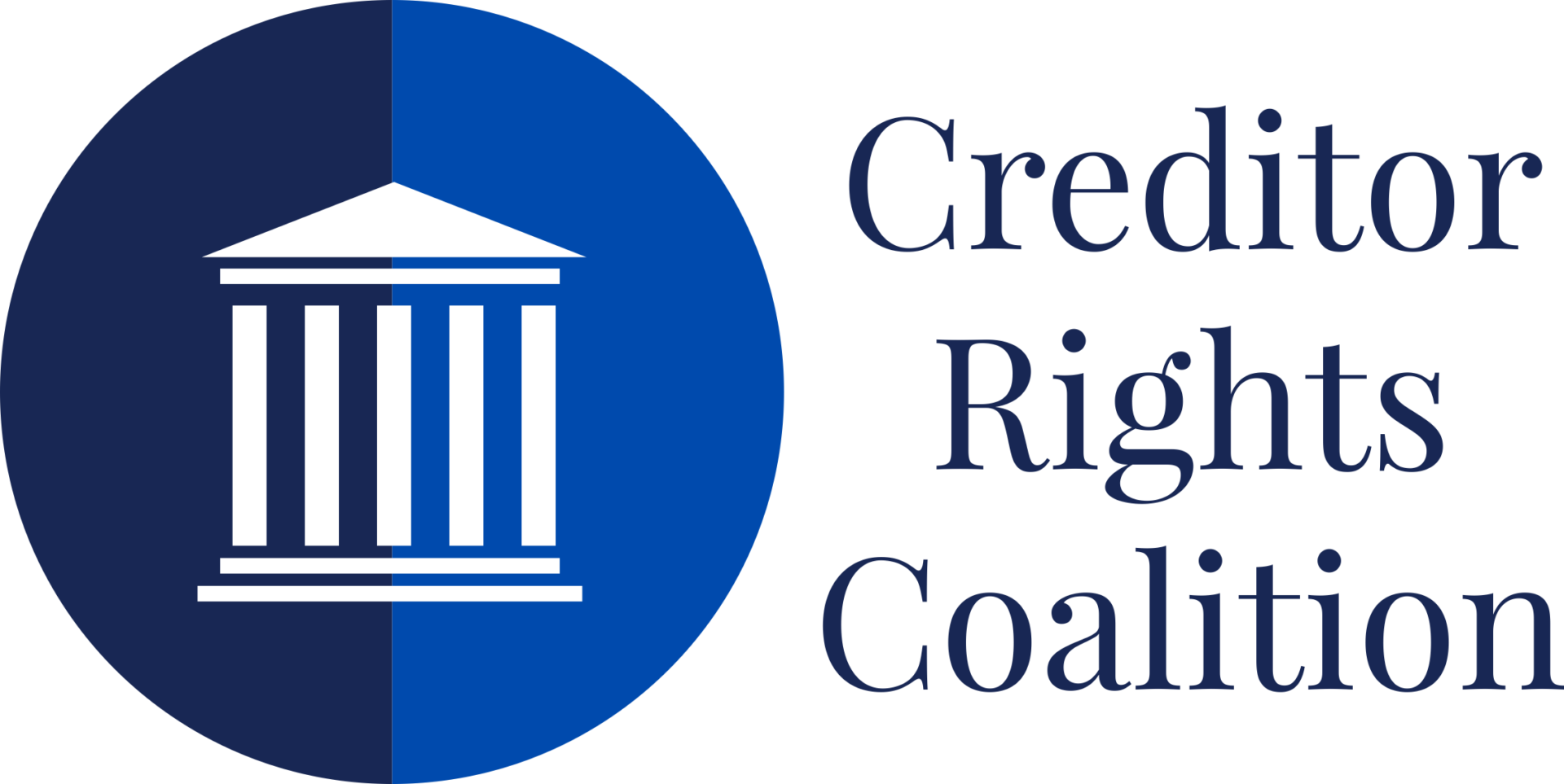Marc Heimowitz Speaks On Independent Directors

In my experience, independent directors contribute essential governance and restructuring proficiency to companies contemplating in-court restructuring or out-of-court liability management. They often are the only non-paralyzed directors able to drive board meetings and corporate actions, reassure management, hold off sponsors and creditors, evaluate advice, and control advisors. In addition to stabilizing the company and steering the internal restructuring process, a skilled independent director promptly will seek to improve likely-deteriorated communication with creditors or minority interest holders. When practical and consistent with fiduciary duty, independent directors early on should initiate dialogue with stakeholders and instruct advisors to maintain clear channels of communication and positive working relationships with all relevant stakeholders.
In my view, general criticism about structural bias in corporate law in favor of independent directors is unwarranted. Complaints that plainly disinterested directors usurp creditors’ or interest holders’ control over self-dealing estate claims should be addressed by increased communication and disclosure, reasonable review periods, inclusive processes, and judicial review.
Complaints that independent directors lack disinterestedness tend to arise when at the time of appointment there is a proposed conflict transaction (either with sponsors, or with creditors when equity is disorganized or has turned over the keys), a material self-dealing estate claim (e.g., settlement of a fraudulent transfer claim or granting of a general release), and/or uncertainty of priority of certain creditors over others. Here, the focus should be to avoid the appearance of improper predisposition, and with respect to a fundamentally “pre-wired” transaction to consider carefully how a court might retrospectively scrutinize to determine bias.
In my experience, actual conflict with fiduciary duties based on historic sponsor-director relationship or the possibility of future appointment is uncommon, and certainly rarer than alleged. And, ironically, sometimes veteran independent directors can be well suited to defend an estate against pressure from either sponsors or creditors precisely because of the strength of informal relationships with stakeholders.
Nevertheless, as a practical and legal matter, private equity holders select and appoint, or peremptorily reject, independent board members, and it makes sense that scholars and market participants focus on sponsor-bias. Fulsome disclosure about historic, concurrent, and expected future appointments to portfolio companies or business relationships with the sponsor is therefore appropriate, particularly so when the same director-sponsor-advisor team appears together in multiple transactions.
